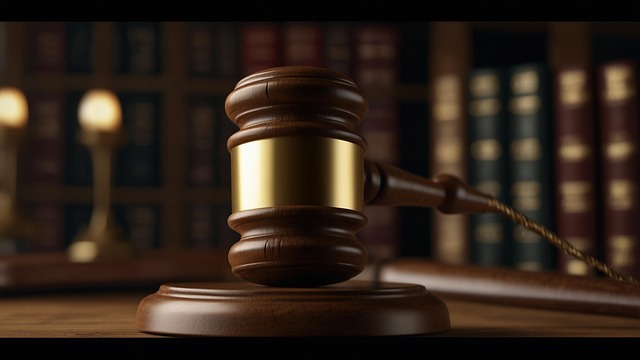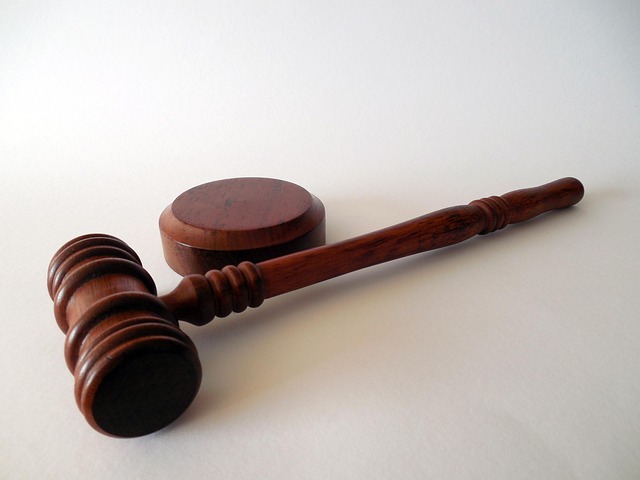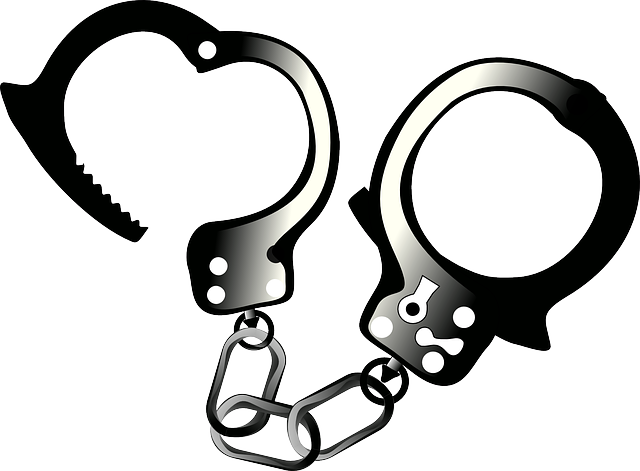Criminal law cases focus on prosecuting and defending individuals accused of crimes, with jurisdiction governing laws. Navigating these cases, like intellectual property lawsuits or white-collar defense, requires understanding local, state, and federal laws. Steps to file an intellectual property lawsuit include identifying law enforcement, gathering evidence, filing a criminal complaint form, and engaging specialized units. Effective evidence collection and preservation are vital for fair trials, especially in complex financial transactions. Post-arrest, accused individuals have rights and responsibilities; assembling a legal team is crucial for strategic planning and seeking plea bargains or favorable verdicts.
Delve into the intricate world of criminal law cases, where understanding the basics and jurisdiction is key. This comprehensive guide breaks down the essential steps to file a criminal complaint, ensuring your rights are protected. Learn how evidence collection and preservation play a pivotal role in legal proceedings. We navigate the entire process, from initial arrest to trial, providing insights for a fair and just system. Uncover crucial information on managing intellectual property disputes, offering practical guidance for those seeking justice.
- Understanding Criminal Law Cases: Basics and Jurisdiction
- Steps to File a Criminal Complaint: Rights and Procedures
- Evidence Collection and Preservation in Criminal Litigation
- Navigating the Legal Process: From Arrest to Trial
Understanding Criminal Law Cases: Basics and Jurisdiction

Criminal law cases involve the prosecution and defense of individuals accused of crimes. Understanding these cases requires a grasp of basic legal principles and jurisdiction. Criminal law differs from civil law in that it focuses on state interest in protecting society and punishing wrongdoers, rather than resolving private disputes. Each jurisdiction—be it local, state, or federal—has its own set of laws and procedures governing criminal cases, including rules for arrest, charging, trial, and sentencing.
The process of navigating a criminal law case can be complex. For instance, the steps to file an intellectual property lawsuit involve careful consideration of legal options, evidence collection, and strategic planning. In white-collar defense cases, which often span across the country, achieving extraordinary results requires a deep understanding of both federal and state laws. This meticulous approach ensures that every angle is explored, protecting the rights of the accused while upholding the integrity of the justice system.
Steps to File a Criminal Complaint: Rights and Procedures
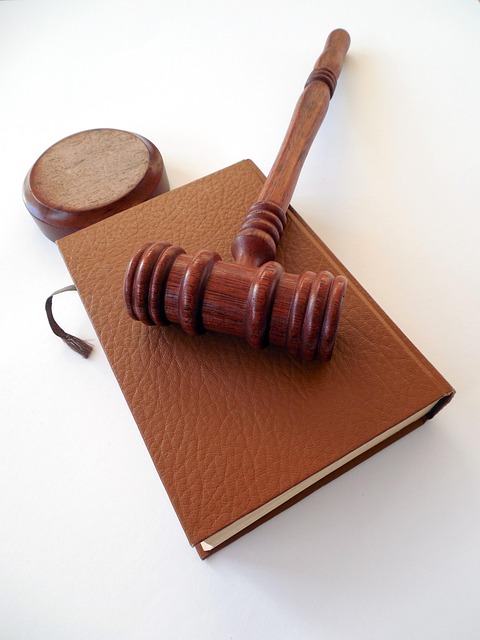
To file a criminal complaint, individuals must first understand their rights and the procedures involved. The process begins with identifying the appropriate legal authority to handle the case, typically a local police department or a designated law enforcement agency. Individuals should gather all relevant information, including evidence, witness statements, and details of the alleged crime. This step is crucial as it forms the foundation for any subsequent legal actions.
Once the necessary details are compiled, victims or witnesses can file an official complaint, often referred to as a “criminal complaint form.” This document outlines the charges and provides a formal account of the incident. In cases involving more complex or serious offenses, such as white-collar crimes, specialized units within law enforcement may be tasked with handling the case. Achieving extraordinary results in criminal law requires not just a thorough understanding of intellectual property laws but also the ability to navigate the legal system effectively. The rights and procedures involved are designed to ensure fairness while upholding the integrity of the justice system, engaging both the philanthropic and political communities in their pursuit of truth and justice.
Evidence Collection and Preservation in Criminal Litigation

In criminal litigation, evidence collection and preservation are paramount to ensuring a fair trial. The process begins with identifying and securing relevant evidence that can strengthen or weaken a case. This includes gathering physical evidence from crime scenes, documenting digital footprints left by cybercrimes, and collecting witness statements. Each step must be meticulously documented to maintain the integrity of the evidence chain.
Proper preservation is crucial, especially in cases involving white-collar and economic crimes where intricate financial transactions are at play. Lawyers and investigators must follow strict protocols to avoid any tampering or loss of evidence that could lead to an indictment or a complete dismissal of all charges. By adhering to these procedures, legal professionals can ensure that the truth comes to light while safeguarding the rights of the accused.
Navigating the Legal Process: From Arrest to Trial
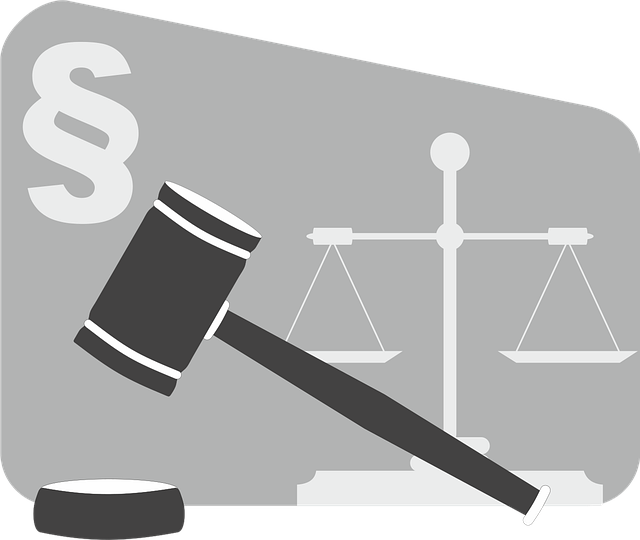
Navigating the legal process after an arrest is a complex journey, especially when it involves criminal law cases. The path to trial requires careful steps and strategic planning. It begins with the initial arrest, where suspects are advised of their rights and charged with the alleged offense. This crucial phase sets the stage for the entire case, determining the direction of investigations and potential defenses.
Following an arrest, the accused has specific rights and responsibilities. One key step is to assemble a competent legal team, often including defense attorneys specializing in criminal law. These professionals guide clients through each stage, ensuring their rights are protected. They conduct thorough investigations, gather evidence, and develop strategies, aiming for either a plea bargain or a winning challenging defense verdict. For those facing white-collar and economic crimes, understanding the process is vital as these cases often span across the country, requiring extensive legal expertise to navigate successfully.
Criminal law cases involve a complex process from initial arrest to trial, requiring meticulous evidence collection and strict adherence to legal procedures. Understanding your rights and navigating jurisdiction is crucial. By familiarizing yourself with the steps to file a criminal complaint, you can ensure your case follows a fair and just path. Remember, proper evidence preservation is key to achieving a favorable outcome. For those facing intellectual property disputes, it’s essential to know that there are specific procedures, akin to filing an IP lawsuit, to protect your rights and seek justice.
